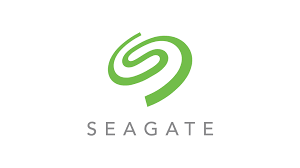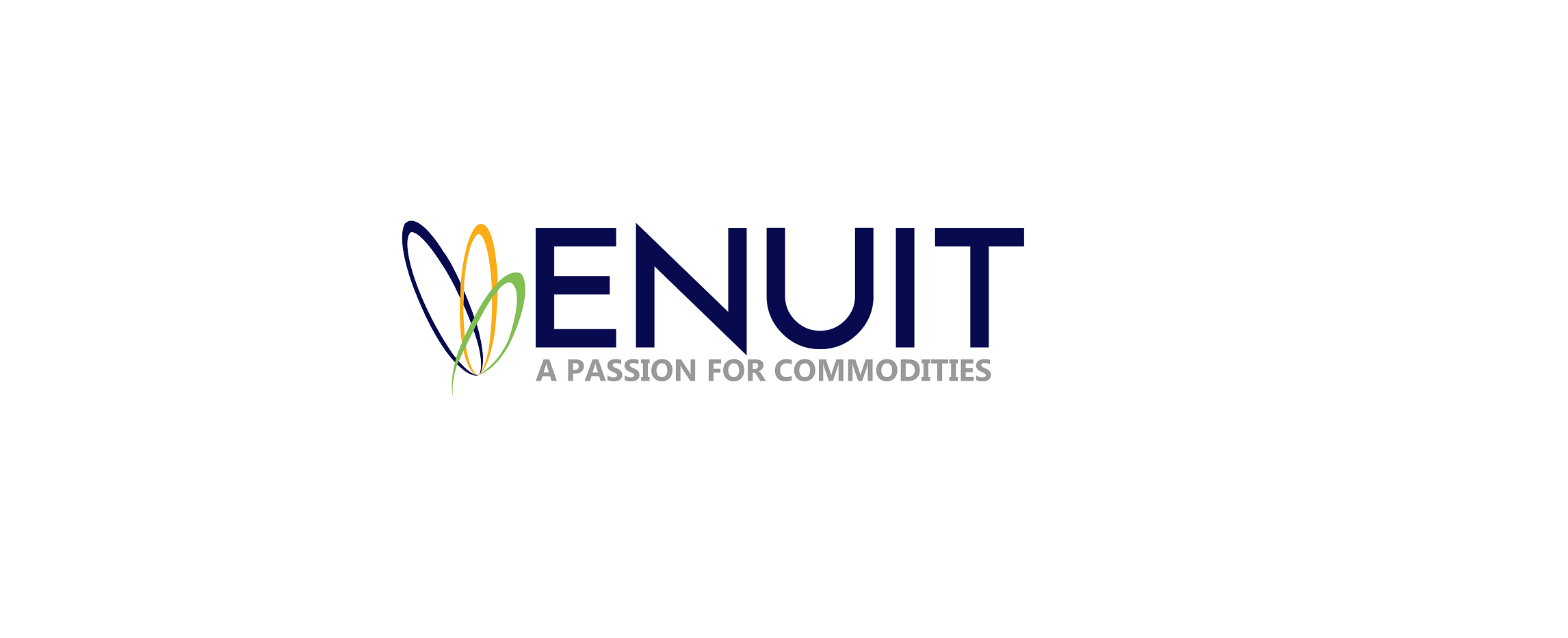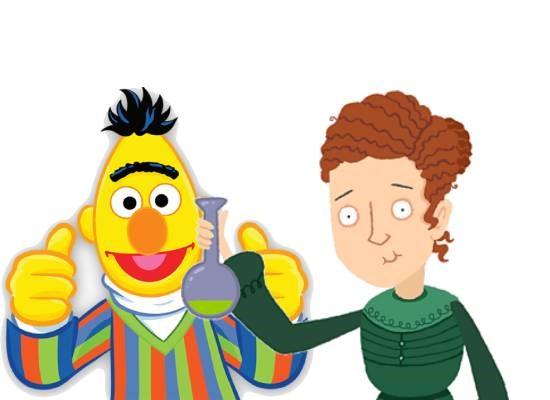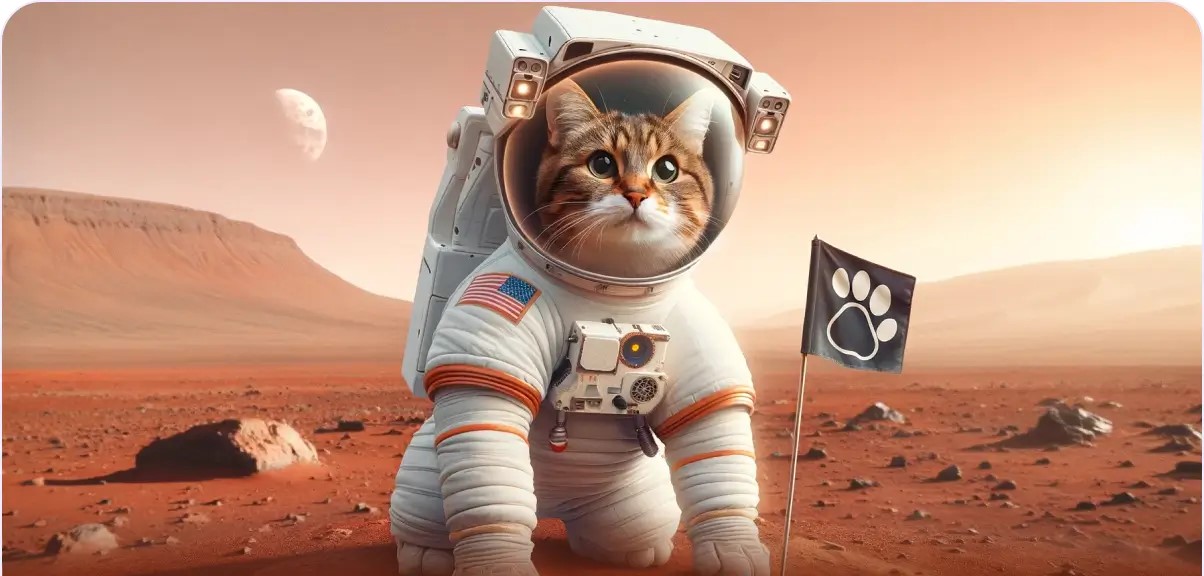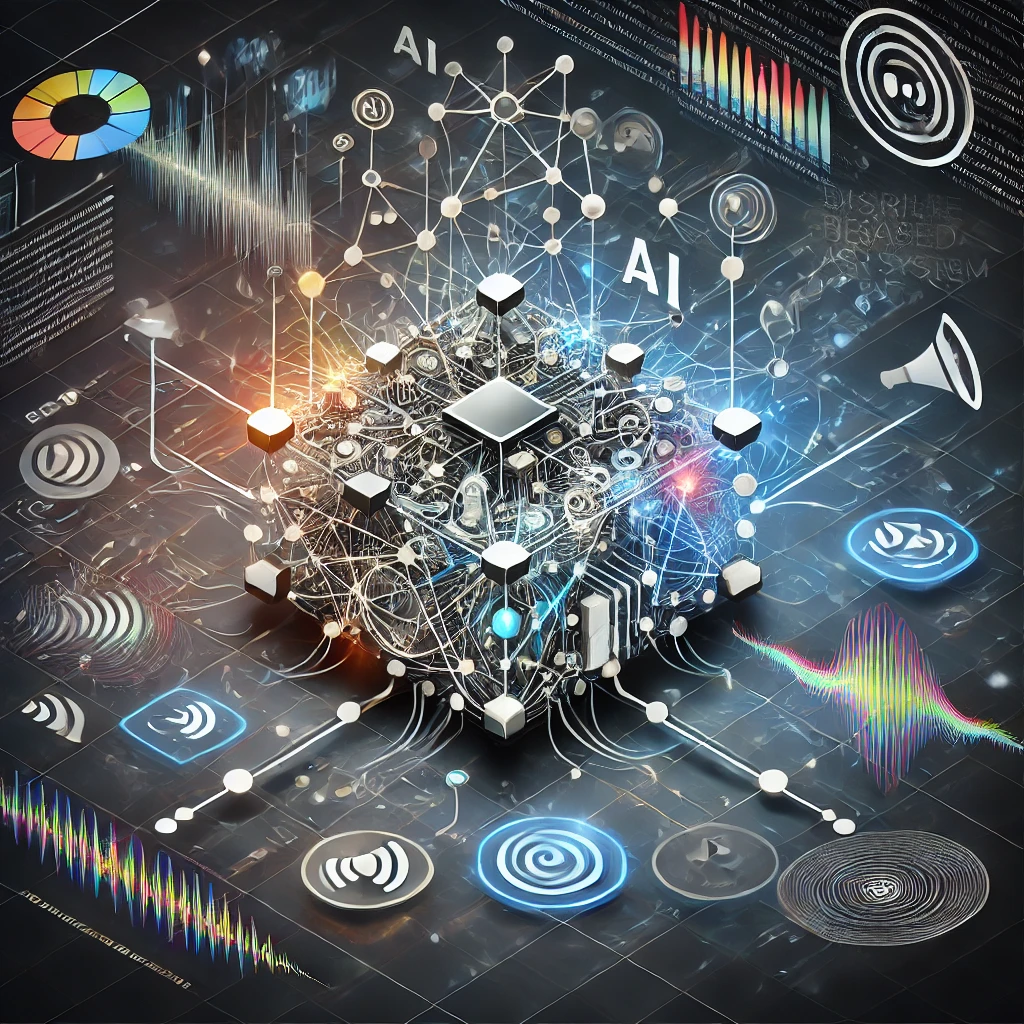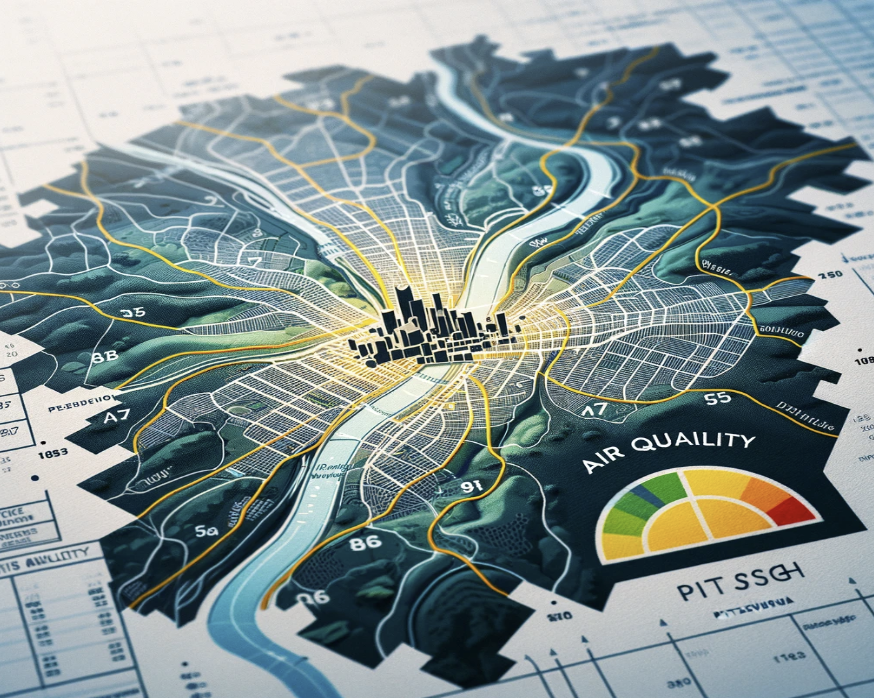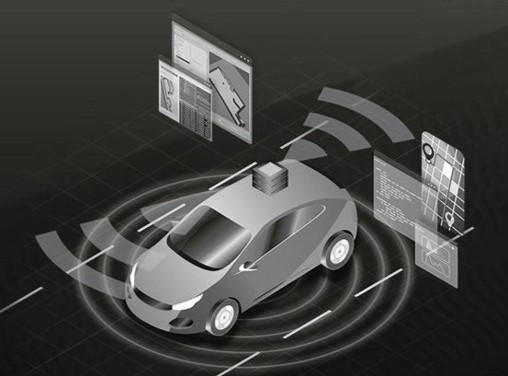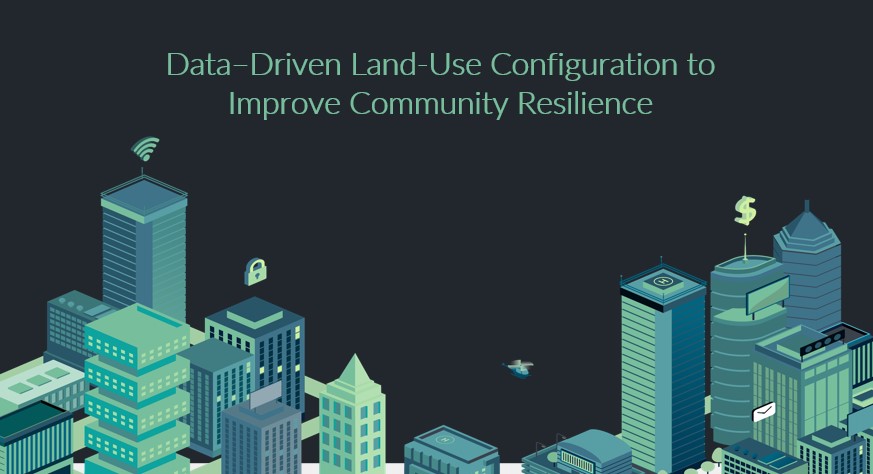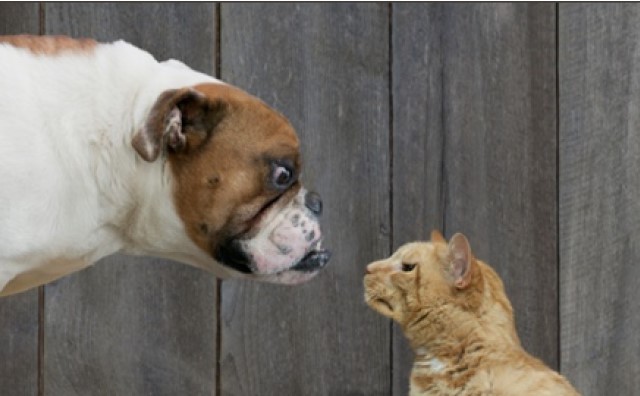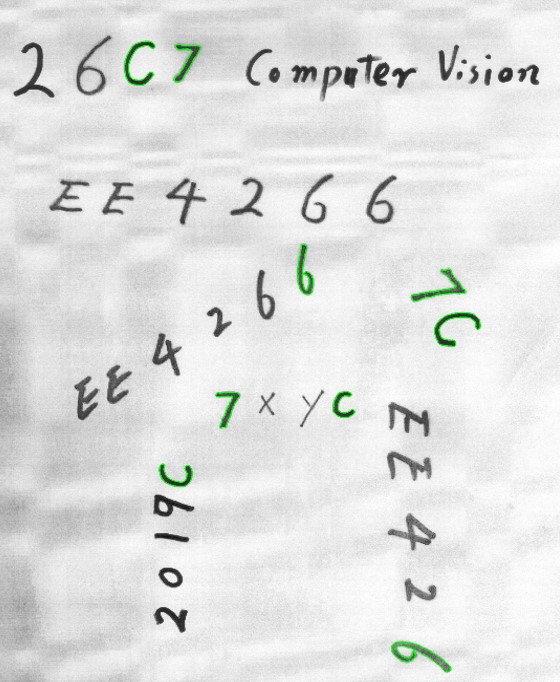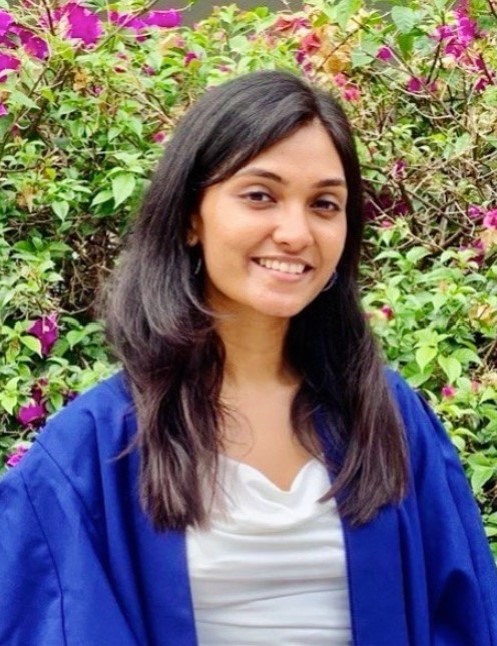
About me
Hey there! I'm Mehal Agarwal and I'm thrilled to have you here. I'm an Electrical and Computer Engineering graduate student at Carnegie Mellon University specializing in AI/ML systems.
I'm fueled by the potential to harness the power of Artificial Intelligence and software development to solve real-world challenges. Whether it's enhancing business processes, improving user interactions, or pushing the boundaries of technology, I'm ready to take on the toughest puzzles.
From developing a smart keyframe filtering mechanism for autonomous navigation to crafting a question answering system using knowledge graph embeddings, my projects span diverse domains, all united by the drive to innovate.
In this ever-evolving world, I believe in the power of continuous learning. Each project, each line of code, and every model built is an opportunity to refine my skills and expand my knowledge base.
Please view my detailed resume here
Skills
Other Skills: C, Git, Docker, XCode, MATLAB, SPARQL, Open CV, Scikit-Learn, Linux, Latex, Maven, Tomcat, Blazegraph, SPARQL, OWL, Azure, Code Documentation, Database design.
WORK EXPERIENCE
Transforming Ideation into Reality: My Journey in Machine Learning and Software Development
PROJECTS
A Gallery of my Notable Projects and Innovations. Please visit my Github.
KNOWLEDGE GRAPHS
Marie and BERT
Marie and BERT is a novel Knowledge Graph Question Answering (KGQA) system for chemistry implemented on hybrid knowledge graph embeddings. The system operates on multiple embedding spaces, which use various embedding methods, and queries the embedding spaces in parallel. The system also implements a BERT-based bi-directional entity-linking model. (Read More)
DEEP LEARNING
Text to Image Generation with Fine-Grained Semantic Control
Implemented and benchmarked AttnGAN, enhancing text-to-image generation with BERT for semantic understanding and CLIP for image encoding, achieving advanced performance metrics. (Watch video presentation)
FEDERATED LEARNING
Personalized Federated Learning using Hypernetworks
Led a study on Personalized Federated Learning using hypernetworks, to address data heterogeneity, enhance client-specific model performance, and ensure privacy through theoretical analysis and empirical experiments on diverse datasets.
SPEECH RECOGNITION
Fine-Tuning Pre-Trained Language Models for Discrete Unit-Based ASR
Achieved a 21.7% reduction in word error rate by integrating self-supervised speech models and large language models to enhance discrete unit-based ASR.
MACHINE LEARNING
Environment Pollutant Prediction
Developed a predictive model for forecasting Air Quality Index (AQI) in Pittsburgh, focusing on PM2.5 and Ozone concentrations. Enhanced model performance by integrating pollutant and weather data using time-series techniques like ARIMA, VARMAX, and XGBoost. Achieved significant accuracy improvements, supporting public health initiatives and data-driven decision-making.
Deep Learning
Keyframe Extraction from a Big Dataset
An automatic keyframe filter package used to extract useful sensor data for annotation required in autonomous driving by performing temporal 2-D multi-label tagging of images using state-of-the-art Faster R-CNN which was further extended for visibility detection.
(in collaboration with Continental Automotive)
Web Development
ECommerce - Technology World
A web application developed using HTML, CSS, JavaScript, PHP, and SQL for the purchase of electronics online. It allows users to register/sign in to view the available products. The users can add the products to their wishlist or directly purchase multiple products by adding it to their shopping cart. The application also has a recommendation system.
Machine Learning
Data Driven Land-Use Configuration
A project focused on enhancing community resilience through AI-driven land use planning. It successfully tackles site selection as a ranking problem by using supervised ML techniques: Linear Regression, Random Forest, and Learning to Rank: LambdaMart. These methods predict key land usage variables and optimize plot selections based on user ratings from Google Maps.
Deep Learning
Image Classification
Designed an algorithm to perform image classification on the CIFAR-10 dataset using TensorFlow. This process involved crafting a custom CNN model from scratch using the Sequential API of Keras and implementing transfer learning with the VGG-16 pretrained feature extraction backbone. The complete project report and findings can be viewed here
Computer Vision
Pattern Recognition
A pattern recognition project to perform 2D shape detection in order to identify specific digits and letters in an image using Python and OpenCV. The processes involved include removal of noise, contour detection, steps to necessitate invariance to scale, rotation and translation, and finally the implementation of Fast Fourier Transform (FFT) to perform the detection.


